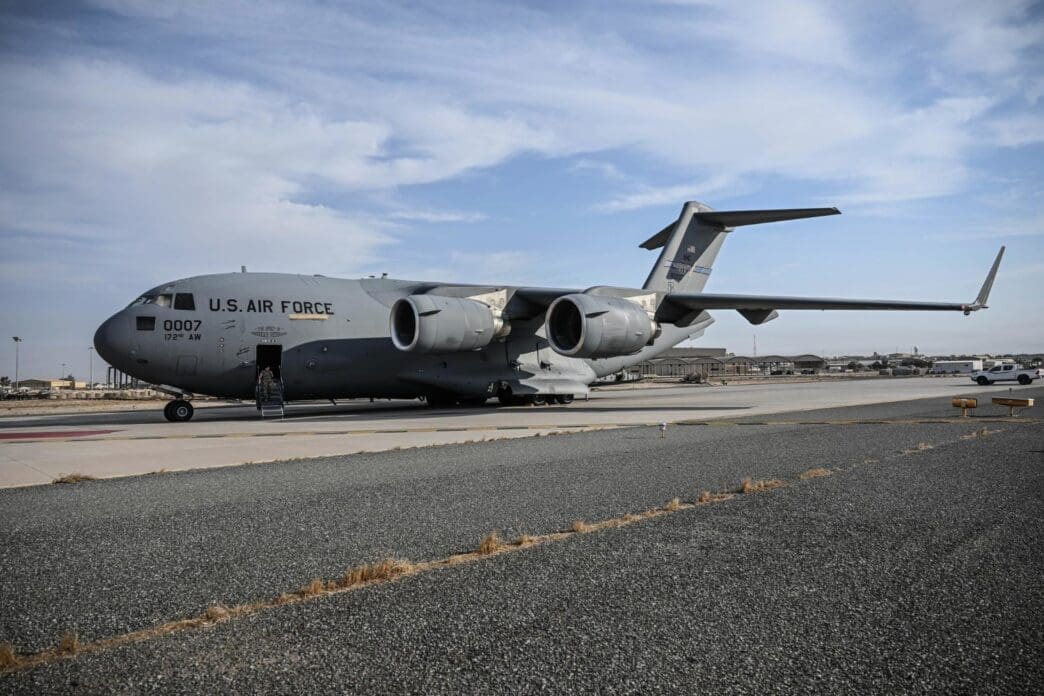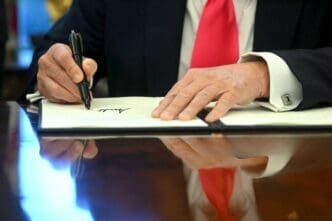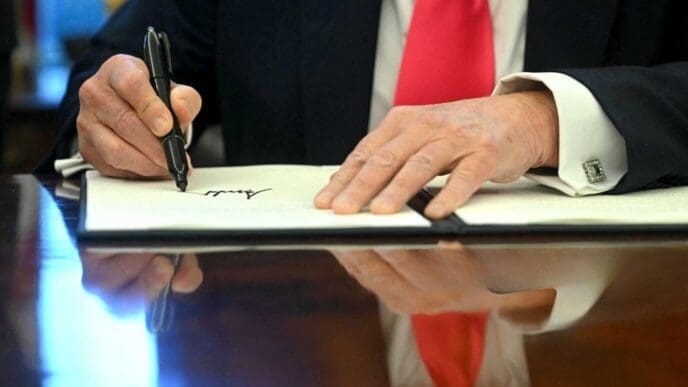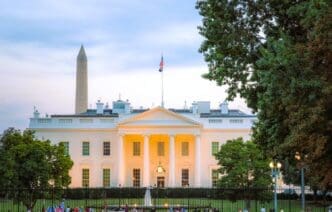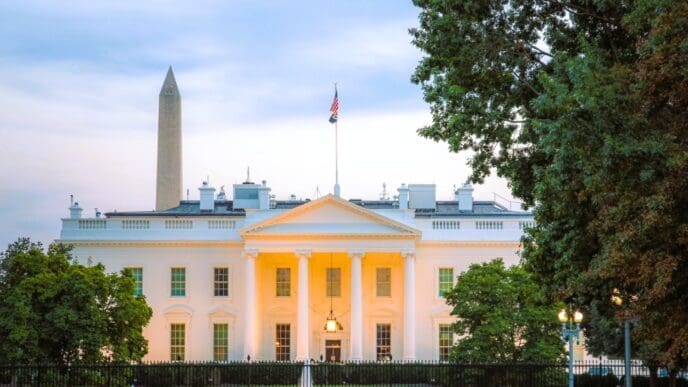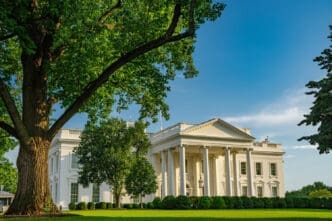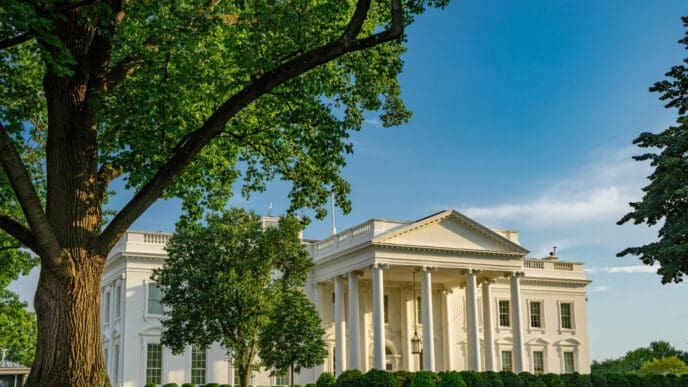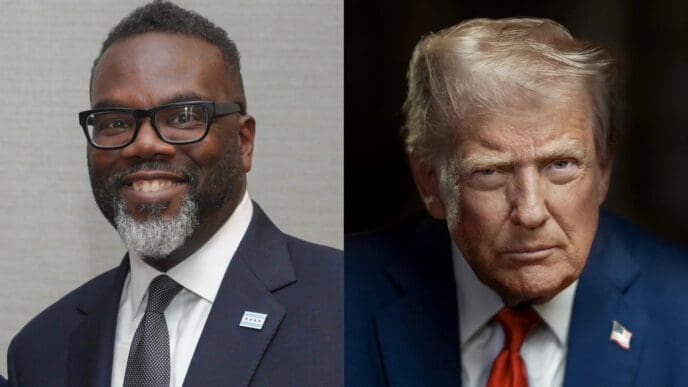Executive Summary
The Story So Far
Why This Matters
Who Thinks What?
A federal judge on Sunday temporarily blocked the removal of unaccompanied Guatemalan minors from U.S. custody, a decision made as some children were already on planes for repatriation. The ruling by Judge Sparkle L. Sooknanan came after attorneys scrambled in the early hours of Sunday morning, arguing that children were being woken up in the middle of the night and would face risks upon return to their home country.
The Trump administration had initiated the process to repatriate hundreds of unaccompanied Guatemalan children in coordination with the Guatemalan government. Judge Sooknanan, a Biden appointee, noted during a Sunday hearing that she was notified of the children being processed for repatriation around 2:36 a.m., expressing surprise at the timing on a holiday weekend.
Judicial Scrutiny and Legal Arguments
During the hearing, Judge Sooknanan requested that the Department of Justice (DOJ) provide evidence to support its claim that the children’s parents or legal guardians had requested their return. DOJ attorney Drew Ensign stated he had been informed of such requests, a claim that attorneys challenging the removals disputed as false.
The judge has given the government until Friday to file a formal response regarding the parental requests. Plaintiffs, represented by groups like the National Immigration Law Center, agreed to file an expedited motion for a preliminary injunction by Tuesday, with the DOJ’s reply due Friday.
Judge Sooknanan reiterated her order, prohibiting the U.S. government from removing any of the individual plaintiffs or other unaccompanied Guatemalan minors in U.S. custody, who are part of the protected class, for a period of two weeks. The Justice Department confirmed in a Monday court filing that 74 minors who had been placed on planes for repatriation on Sunday are now back in U.S. government custody.
Efrén C. Olivares, vice president of litigation and legal strategy at the National Immigration Law Center, expressed relief at the court’s intervention. “We are heartened the Court prevented this injustice from occurring before hundreds of children suffered irreparable harm,” Olivares stated, adding that the organization is determined to continue fighting for the children’s interests.
Repatriation Efforts and Concerns
Legal service providers working with children were notified by the Office of Refugee Resettlement (ORR) that Guatemala had “requested the return of certain unaccompanied alien children in federal custody for the purposes of reunifying the UAC with suitable family members.” The criteria for these children reportedly included not having a parent in the U.S., having a parent or legal guardian in Guatemala, not having a pending asylum case, and not being at risk of trafficking upon return.
However, attorneys representing some of the children argue that those identified for repatriation are at risk if returned to Guatemala and are involved in ongoing immigration proceedings. The lawsuit filed on Sunday contends that the Trump administration is violating U.S. law, which grants unaccompanied migrants special protections and ensures due process and the opportunity to seek relief from deportation.
White House deputy chief of staff Stephen Miller criticized Judge Sooknanan’s ruling on X, writing, “The Biden judge is effectively kidnapping these migrant children and refusing to let them return home to their parents in their home country.”
The plaintiffs in the case, filed in the U.S. District Court for the District of Columbia, include 10 unaccompanied minors from Guatemala, aged 10 to 17, who have been identified for removal. The majority are in ongoing immigration proceedings. One 10-year-old indigenous child, whose mother is deceased, reportedly “suffered abuse and neglect from other caregivers” in Guatemala.
An immigration attorney representing multiple Guatemalan children described them as “terrified and confused.” The attorney noted that children were “literally taken out of their beds in the middle of the night, on a holiday weekend,” and expressed fear of returning to Guatemala for various reasons.
Late Saturday, the ORR also notified shelter providers that children identified for reunification with parents or legal guardians in their country of origin needed to be prepared for discharge within two to four hours of notification, including proper documentation, medication, personal belongings, and two sack lunches.
Guatemalan President Bernardo Arévalo announced his government’s readiness to receive the minors, with a capacity to handle approximately 150 children weekly as part of a coordinated effort with the U.S. government. Arévalo stated that the exact number would depend on their capacity to identify family members and ensure a secure return.
The temporary blocking of these removals underscores ongoing legal and humanitarian debates surrounding the treatment of unaccompanied minors at the U.S. border. The case highlights the complexities of international agreements, U.S. immigration law, and the welfare of vulnerable children, with further legal proceedings expected to clarify the path forward.

